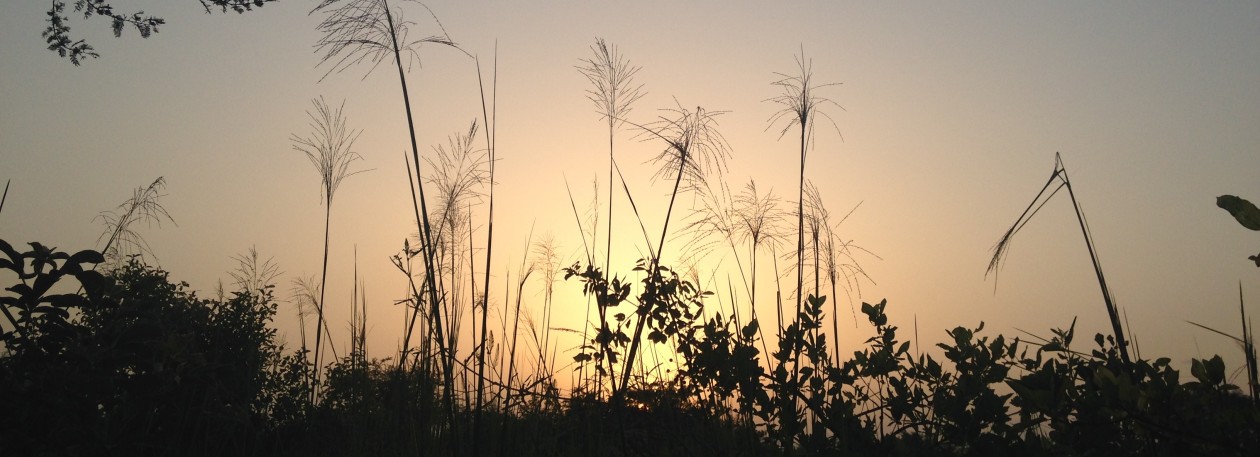After researching and shifting through narrative after narrative, I finally began creating my script for our future radio program. Trying to pinpoint which information was important and which was unnecessary was an uphill battle at first, but after awhile, I was able to shape a radio script that encapsulates everything I want to say. Intertwining the experiences of Ghanaian women with white American and black American women, I hope I was able to accurately capture multiple perspectives on feminism for our cross-cultural discussion.
As I was writing and editing the first drafts of my script, I was also struck by the readings and videos we were assigned this week. One of my most powerful reactions came from the documentary, Traces of the Trade, that was about a white family who decide to travel to both Ghana and Cuba to somehow make amends for their slave trading ancestral past.
There was something disgusting about the movie I couldn’t shake. The simple ignorance that white people can somehow apologize for slavery (and then expect acceptance!) was absolutely baffling to me. There is no apologizing for slavery, especially because it is not a relic of the past! The suppression of black people, both Africans and African Americans, continues to this day, especially in light of the Charleston Church shooting. The comparison of the white terrorist being lead out peacefully under the protection of police compared to the brutal killings of black Americans for simply selling cigarettes is proof of how we cannot expect to say, “Sorry!” and let go of our past of enslavement. That past resonates through every day in this country and continues to suppress black Americans in new ways.
Through Rachel Dolezal, white people would do anything to defend a white woman’s right to appropriate black identity. With the Charleston shooting, the American media would go to any lengths to avoid pegging a white boy as a terrorist. As I watch white culture continue to oppress black voices, I am more determined than ever to launch a successful radio program where Ghanaian callers discuss the importance of race and gender. I’m excited to see where this project goes and see as these issues are brought to light.
